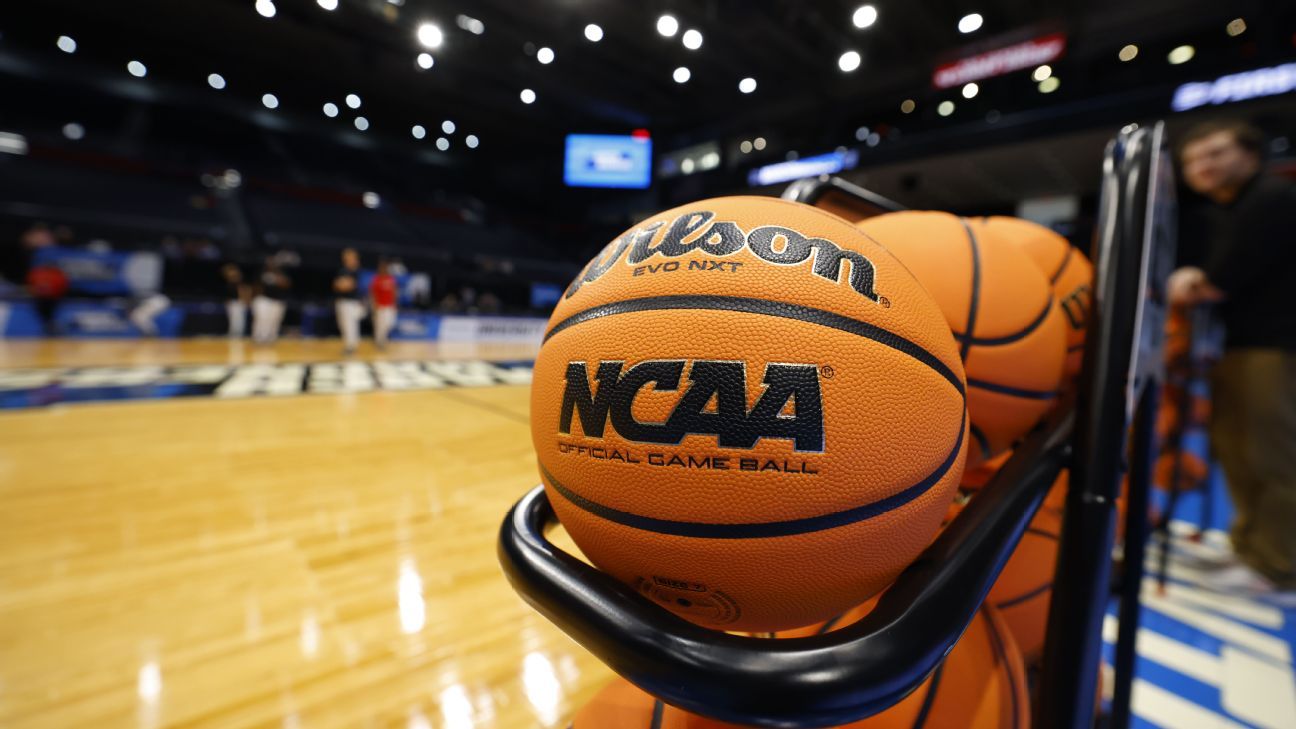In September 2017, the FBI announced the arrest of 10 individuals as part of a federal investigation into corruption in college basketball. The investigation shed light on long-suspected illegal recruiting practices in the sport. On Wednesday, more than six years later, the final repercussions of the investigation were handed out. Kansas’ men’s basketball program was placed on three years of probation, but there was no postseason ban and no additional suspensions for head coach Bill Self and assistant coach Kurtis Townsend.
The announcement in 2017 sent shockwaves through the college basketball world. It exposed the dark underbelly of the sport, highlighting the illicit practices that had long been rumored but never fully proven. The FBI’s investigation revealed that shoe companies, agents, and coaches were working together to influence player recruitment and steer top talent to certain schools.
The case against Kansas centered around the recruitment of former player Silvio De Sousa. The investigation found that De Sousa’s guardian received a $2,500 payment from an Adidas executive in exchange for De Sousa committing to play at Kansas. The payment was part of a larger scheme to funnel money to recruits and their families in order to secure their commitments to Adidas-sponsored schools.
As a result of the investigation, Kansas was hit with multiple Level I violations, the most serious classification in the NCAA. The university self-imposed a postseason ban for the 2018-2019 season and faced a lengthy NCAA infractions process. However, Kansas opted to take its case to the IARP, an independent committee established to handle complex cases involving major infractions.
The IARP was created in response to criticism of the NCAA’s handling of high-profile cases, which often resulted in lengthy proceedings and perceived inconsistencies in punishment. The IARP was intended to provide a faster, fairer, and more transparent process for resolving complex infractions cases.
After a thorough review, the IARP determined that Kansas should be placed on probation for three years. The decision was seen as a victory for the university, as many expected a harsher punishment, including a postseason ban. The IARP concluded that while violations had occurred, the evidence did not support more severe penalties.
The decision was met with mixed reactions. Some believed it was a fair outcome, given the circumstances and the university’s cooperation throughout the process. Others criticized it as a slap on the wrist, arguing that it didn’t do enough to truly deter future violations.
Regardless of the opinions on the punishment, the case served as a reminder of the ongoing issues in college basketball. Illegal recruiting practices have long been a problem in the sport, and the FBI’s investigation exposed just how deep-rooted and pervasive these practices can be. The Kansas case was just one example of many, and it highlighted the need for continued vigilance and reform in college basketball.
Moving forward, it is unclear what impact the Kansas case will have on the sport as a whole. While the IARP’s decision marked the end of the investigation, it did not provide a definitive solution to the problem of illegal recruiting. The NCAA and college basketball will need to take additional steps to address these issues and ensure that the sport is clean and fair for all involved.
In the end, the Kansas case was a significant chapter in the ongoing saga of corruption in college basketball. It served as a wake-up call for the sport and forced stakeholders to confront the reality of illegal recruiting practices. While the punishment may not have satisfied everyone, it was a step in the right direction towards holding programs accountable and deterring future violations. The hope is that the Kansas case will serve as a catalyst for change in college basketball and lead to a cleaner, more transparent system for recruiting top talent.
Read the Full News at www.espn.com.au
Get Your Daily Kick of Basketball Updates at SportyJones.com


